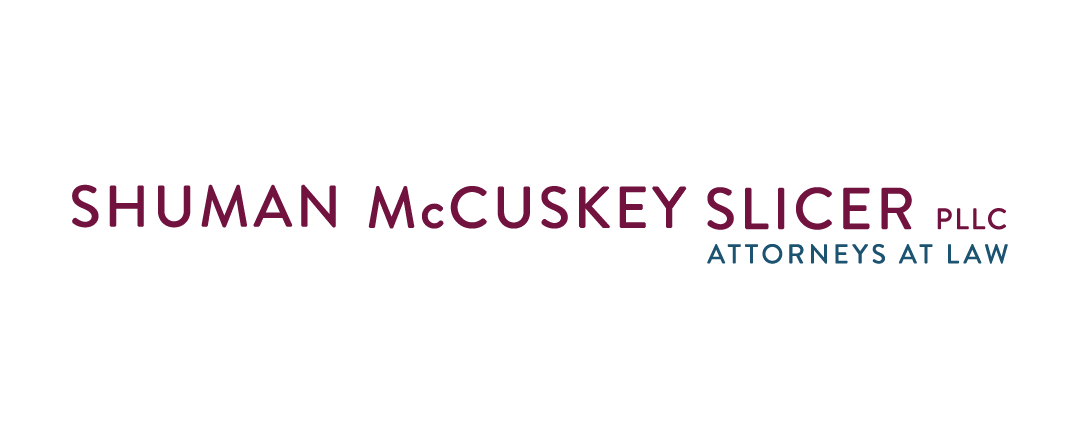SMS Attorneys Obtain Favorable Ruling
Shuman McCuskey Slicer PLLC members, Christopher D. Negley and Caleb B. David, obtained a favorable ruling from the Supreme Court of Appeals of West Virginia affirming an order granting a motion to dismiss on behalf of their client.
Mr. Negley and Mr. David represented the respondent, who owned a building, which, at the time of the incident, was being used as a bingo hall. One of the patrons in the building received a phone call, which left her visibly upset, left the building, pulled out of the parking lot, and attempted to make a left-hand turn when she collided with another vehicle. The patron then lost control of her vehicle, struck another vehicle in the building’s parking lot, and continued through the building’s garage doors, injuring several patrons and killing one. Numerous lawsuits ensued. The lawsuits were predicated on the respondent’s alleged negligence in failing to construct fortifying structures to prevent vehicles from crashing into the building. Additionally, the petitioners argued that the respondents should not have allowed the patron who caused the accident to drive because she was visibly upset when she left. Prior to the case being appealed to the Supreme Court, the circuit court granted a motion to dismiss, concluding that the respondent did not owe a legal duty to the petitioners.
Analyzing the issue whether the petitioners’ complaint pled a duty that the respondent, as a matter of law, owed, the Court observed that the ultimate test of the existence of a duty is found in the foreseeability that harm may result if it is not exercised. The Court held that, in order to determine whether a duty exists, the applicable test is whether an ordinary man in the defendant’s position would anticipate harm of the general nature of that suffered was likely to occur.
With that test in mind, the Court concluded that the respondent did not owe the petitioners a duty to prevent the patron from driving when she was visibly upset. The patron’s actions in driving into the bingo hall could not reasonably have been anticipated by the respondent. Finally, the Court noted that “negligence consists in not foreseeing and guarding against that which is probable and likely to happen, not against that which is only remotely and slightly possible . . ..” (Internal citations omitted.) In this case, the act of negligence the petitioners claimed against the respondent was so remote and improbable that it could not be reasonably anticipated by the respondent.
For the full opinion, please click the link.

